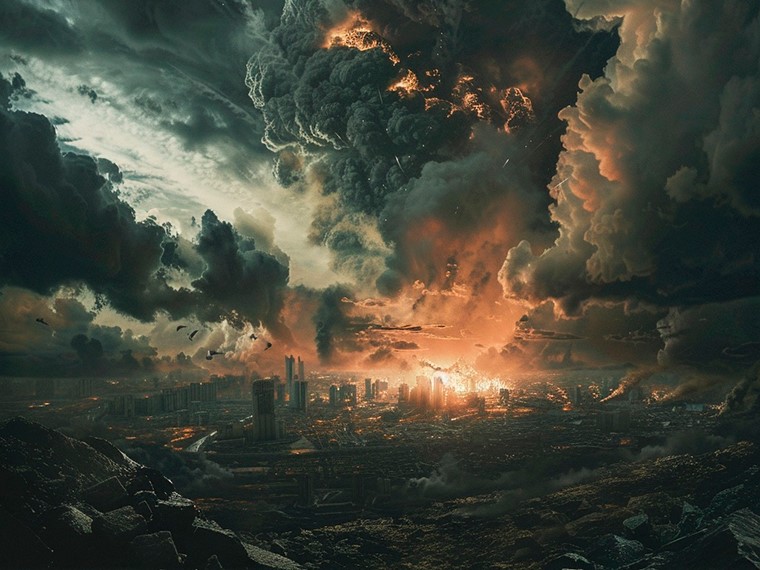Unexpected Face-to-Face Encounters: How the Modern Economy Grapples with the Ghosts of the Past

Unexpected Face-to-Face Encounters: How the Modern Economy Grapples with the Ghosts of the Past
The global economy is bracing for its largest crisis in a century. Investors assert that the economic challenges of the 2020s are reminiscent of those that led to the Great Depression of the 1920s. Three primary factors have been identified as exacerbating the current crisis:
- The COVID-19 pandemic, which tested the resilience of countries' monetary policies.
- The war in Ukraine, the largest conflict in Europe since the 1940s.
- The surge in energy prices, the most severe energy shock since the 1970s.
These issues, along with supply chain disruptions, have drastically altered global economic activity. Nevertheless, contemporary monetary policy has proven more effective than it was a century ago. Central banks are now better equipped to maintain price stability, although they caution about potential challenges such as setbacks in globalization, the influence of tech giants like Google, and the rapid development of artificial intelligence.
Economic shifts may render inflation unstable for years to come, complicating price control efforts. However, according to the head of the European Central Bank, targeting inflation remains the best strategy to stabilize pricing amidst uncertainty.

